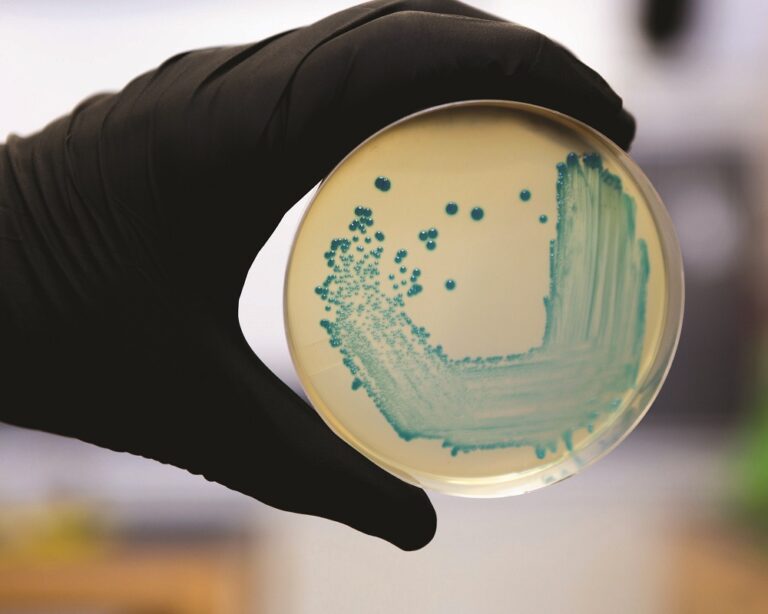A collaborative One Health approach without a culture of blame is key to containing and controlling the threat of antimicrobial resistance in animals, humans and the environment, the British Veterinary Association (BVA) has said in an updated position on responsible antimicrobial use in food producing animals.
The position, launched on 10 May consolidates and expands upon BVA’s existing antimicrobial resistance policies. It proposes 15 overarching recommendations on responsible antimicrobial stewardship for vets, farmers and government.
94% of vets said in a 2018 BVA Voice of the Veterinary Profession survey that they were concerned about antimicrobial resistance. More than nine in ten vets mentioned that they were concerned about the potential inability to treat infection. BVA’s recommendations come amid an increasing global push for One Health working to protect antimicrobials for the sake of animal and human health, reflected both in the UK government’s 20-year visionand new five-year national action plan and the recent UN Interagency Coordinating Group report.
BVA’s position reiterates that vets should continue to be guided by the seven principles of responsible antimicrobial use. These include avoiding inappropriate use, monitoring antimicrobial sensitivity, working with clients to avoid the need for antimicrobials (through preventative measures such as herd or flock health plans, for example), and recording and justifying any deviations from protocols. As part of this, BVA has released a new-look seven-point-plan poster for vets to display on practice walls.
It is also encouraging vets to familiarise themselves with the antimicrobial reduction targets for their sector and continue to work with farmers and stock keepers to achieve these.
British Veterinary Association President Simon Doherty said: “Antimicrobial resistance is a shared problem that must be addressed by medical, veterinary and environmental professionals collaboratively and not subject to a culture of blame.
“BVA is committed to providing continued leadership on the issue. Ongoing work by vets, farmers and industry has already led to a 40% reduction in sales of antibiotics meant for use in food-producing animals over the last five years, with sales of the Highest Priority Critically Important Antibiotics dropping by 52% in this period.
“We must maintain this momentum in the face of the ongoing global threat posed by antimicrobial resistance. BVA will continue working with our specialist divisions and key stakeholders to build upon current achievements. We currently chair the UK One Health Coordination Group, which includes stakeholders representing human, animal and environmental health and welfare interests.”
“A collaborative approach to AMR, underpinned by a commitment from each of us within the veterinary profession to maintain the highest standards of stewardship in using antimicrobials, especially Critically Important Antibiotics, is the only way we can preserve these essential medicines for both humans and animals in the future.”
BVA’s updated position reiterates that Critically Important Antibiotics should remain available for veterinary use in the interest of animal welfare. However, it calls on vets to restrict the use of Highest Priority Critically Important Antibiotics as a last resort, where no other product will be effective for the condition being treated. Where the welfare of the individual animal, herd or flock, and wider context are considered, vets should consider euthanasia as an alternative treatment option.
Other recommendations include:
- Veterinary practices should develop a written policy on appropriate metaphylaxis and record every instance of metaphylactic use of antimicrobials.
- Farm assurance schemes should incorporate responsible use of antimicrobials as a scheme requirement.
- The development of effective diagnostic tools – for culture, sensitivity and monitoring for resistance genes – must be prioritised and there should be a greater focus on improving surveillance and information sharing.
- Farmers and stock keepers should be empowered and incentivised to work with their vets to achieve responsible antimicrobial use on farms.
- Government should promote incentives to improve husbandry and biosecurity measures on farm.
- Government should continue to work with vets and industry to review and set further rational targets through the RUMA Targets Task Force.


